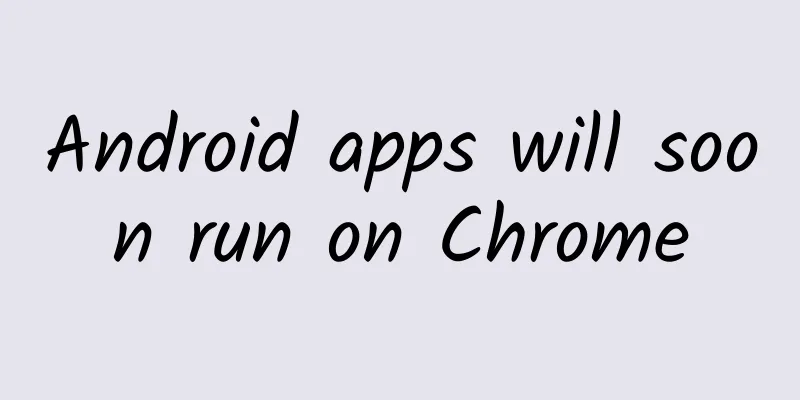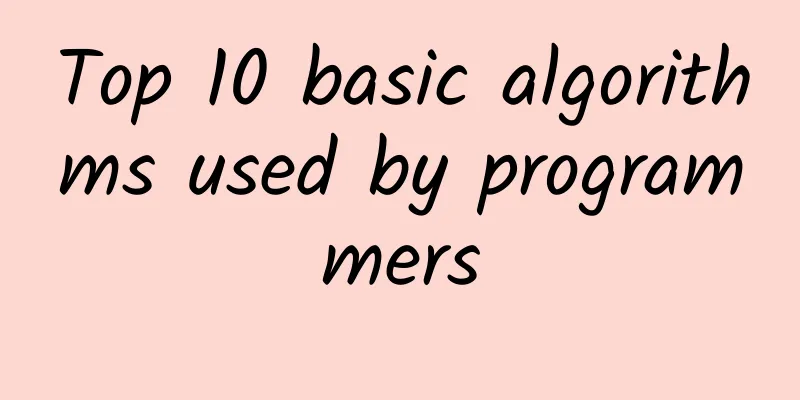Android apps will soon run on Chrome

|
Google has had the idea of allowing Chrome OS to run Android apps for a long time, and put it into action in September last year, launching App Runtime for Chrome, abbreviated as ARC, which is an Android virtual machine running on Chrome OS. It itself is an application in the Chrome Web Store called ARC Welder. Previously, this feature was only available to some developers who worked closely with Google. However, the experts soon discovered the huge potential of ARC: it can run on all desktop versions of Chrome, including Chrome OS, Windows, Mac OS X and Linux. This means that Google is planning to run Android apps on all computing platforms. After months of preparation, Google finally decided to take this step. Google has recently decided to open ARC to all developers, and ARC can run in Chrome OS and Chrome browser. For PC users, users with Chrome browser version 40.0 or above can use it. In principle, anyone can submit an APK file to ARC Welder and then generate a Chrome app. However, when I tried to upload the WeChat and iFanr client installation packages, I failed many times and ARC Welder crashed. From the Ars Technica article, we also learned that the realization of the ARC function and the smooth operation of Chrome apps and plug-ins are due to Chrome's NaCL sandbox technology - Native Client, which allows apps and plug-ins to call the system's CPU and GPU resources in a way similar to local applications, and also turns Chrome into a development platform. Google has injected the complete Android stack into NaCL, making it possible for the Chrome browser to run Android apps. The biggest challenge for Chrome browser to run Android apps is compatibility with the Google Play Services API that Android apps rely on. From the official information, ARC has not yet achieved compatibility with all API interfaces, but the main ones have been supported: Auth (OAuth2) In addition, in order to prevent users like me from having a strong desire to play, Google has set up the ARC Google Play Services option in the developer control panel, allowing developers to decide whether to enable it. After a brief understanding of ARC, it is not difficult to find that it can realize cross-platform operation of Android apps, which is even further than the Universal Windows App supported by Windows 10. With the Chrome browser, ARC has extended its tentacles to almost all platforms. At the same time, it also uses the huge Android ecosystem to activate the Chrome Web Store, bringing more extensions to Chrome users, and the user experience across multiple platforms will be smoother and more seamless. However, ARC is currently in the open beta stage and there are still many areas that need improvement. For example, ARC is based on the Dalvik virtual machine used in Android versions before 4.4, rather than ART enabled by Android 5.0. The API interface support for Google Play services is not rich enough, and important functions such as in-app purchases are not supported. |
<<: The ultimate showdown! Sketch, the new tool, vs. Photoshop, the classic tool
>>: Windows becomes open source software? Microsoft executives say it's possible
Recommend
WeChat's anxiety, anxious WeChat
Key points of this article More modules, more con...
8 types of operation tools to help you become an operation master
In the era of big data and AI , even pigs can fly...
Where does iFly fly to?
iFlytek has become very popular recently and has ...
How much does it cost to develop the Yanbian Logistics Mini Program?
WeChat Mini Program is an application that users ...
Danzhou SEO training: How to promote mobile websites? How to optimize mobile SEO?
In many cases, after people optimize their websit...
Marketing Promotion: How does fission marketing achieve market “fission”?
Fission marketing is like cell division, from one...
Metal + Glass Dashen X7 Real Machine Experience
January 8 (Reporter Zhang Xiaodong) As an importa...
What is the Bytedance Qianchuan advertising platform and how to place advertisements on Douyin?
Bytedance Qianchuan is an e-commerce advertising ...
Where are the future business opportunities in 2020? Catch one and you can make a million!
In fact, there are many business opportunities hi...
Will new energy vehicles face a second round of crackdowns?
On June 23, China Machinery Rolling Stock Technic...
Android application source code captures global exceptions
Source code introduction This project is a simple...
[2017 latest edition] A complete list of professional terms in the mobile Internet industry!
Based on the feedback from previous students on Q...
Top 5 marketing trends in the fourth quarter of 2021!
Where do new brands attract new users? What actio...
How to make 20,000 yuan a month on a photo site, teach you step by step how to run a website to make money [video course]
How to make 20,000 yuan a month on a photo site, ...
How painful is it when that thing grows into your flesh?
One minute with the doctor, the postures are cons...









